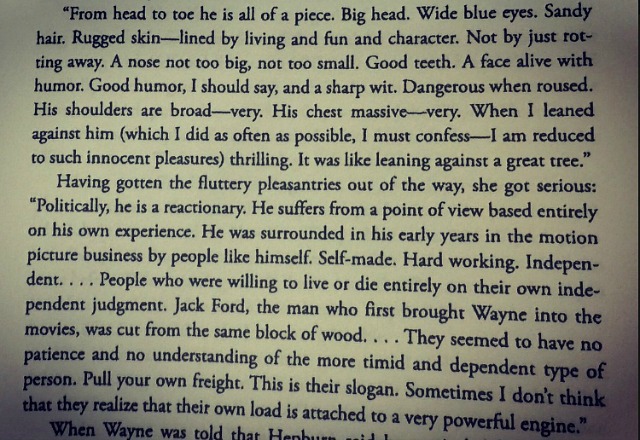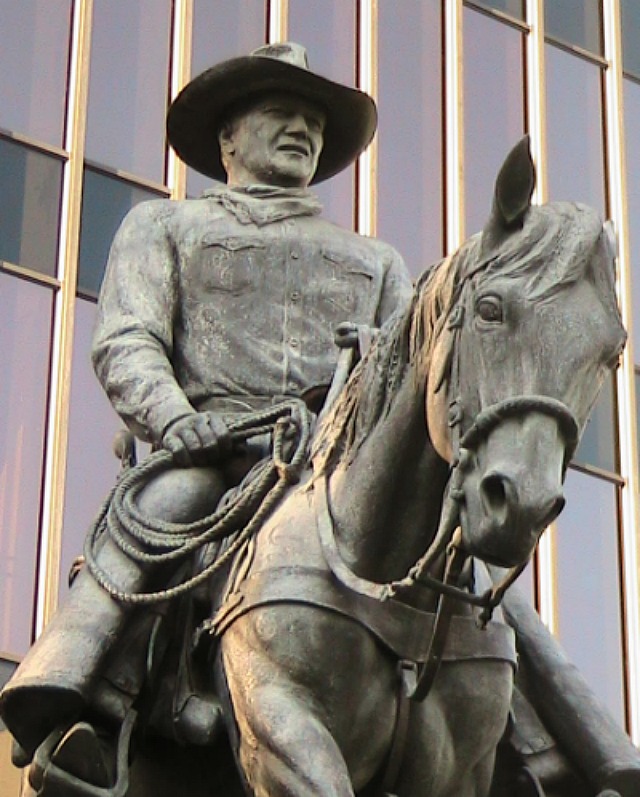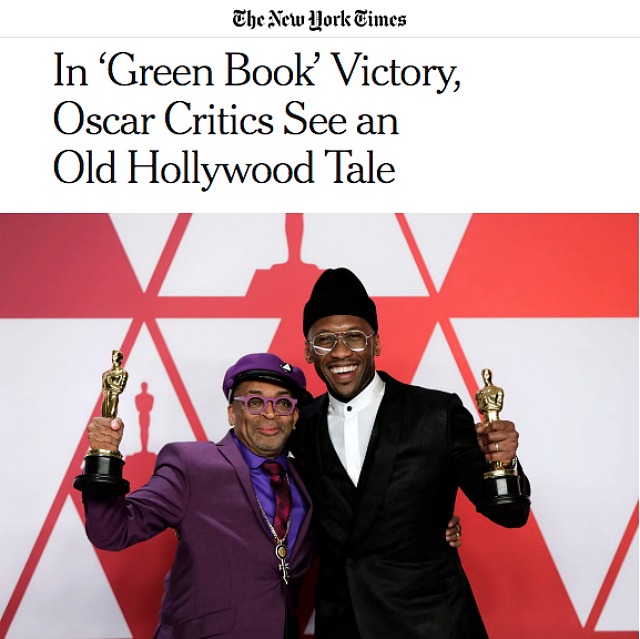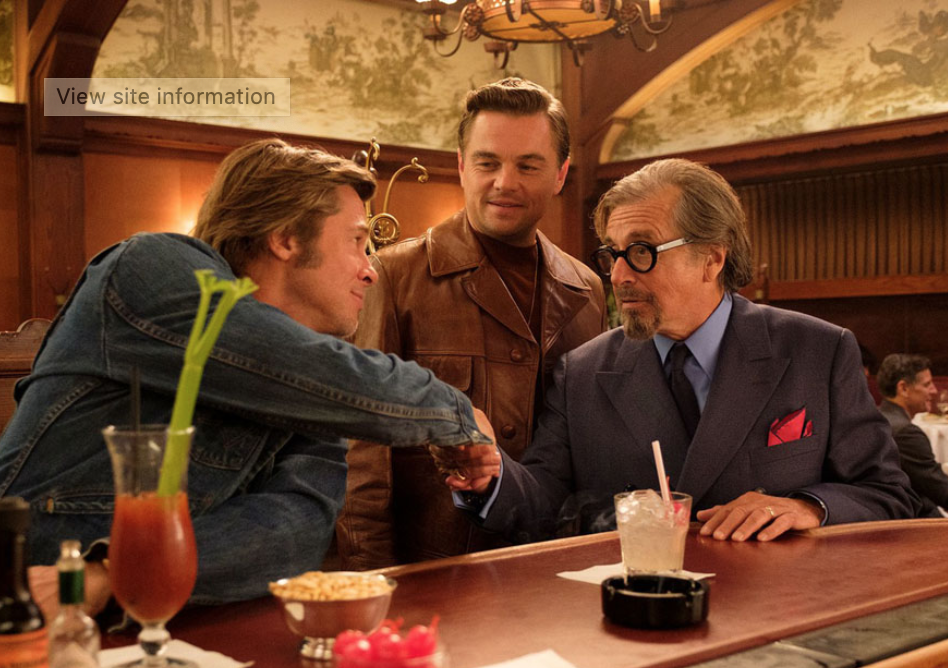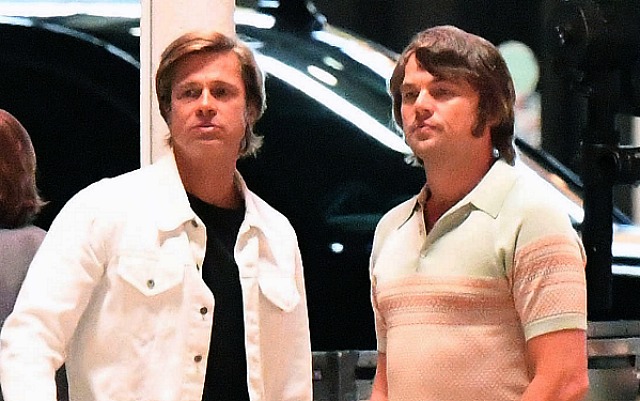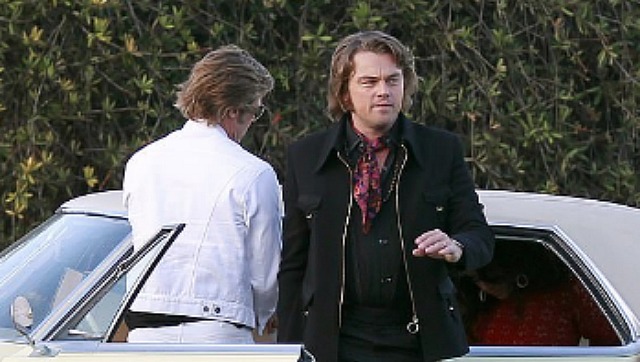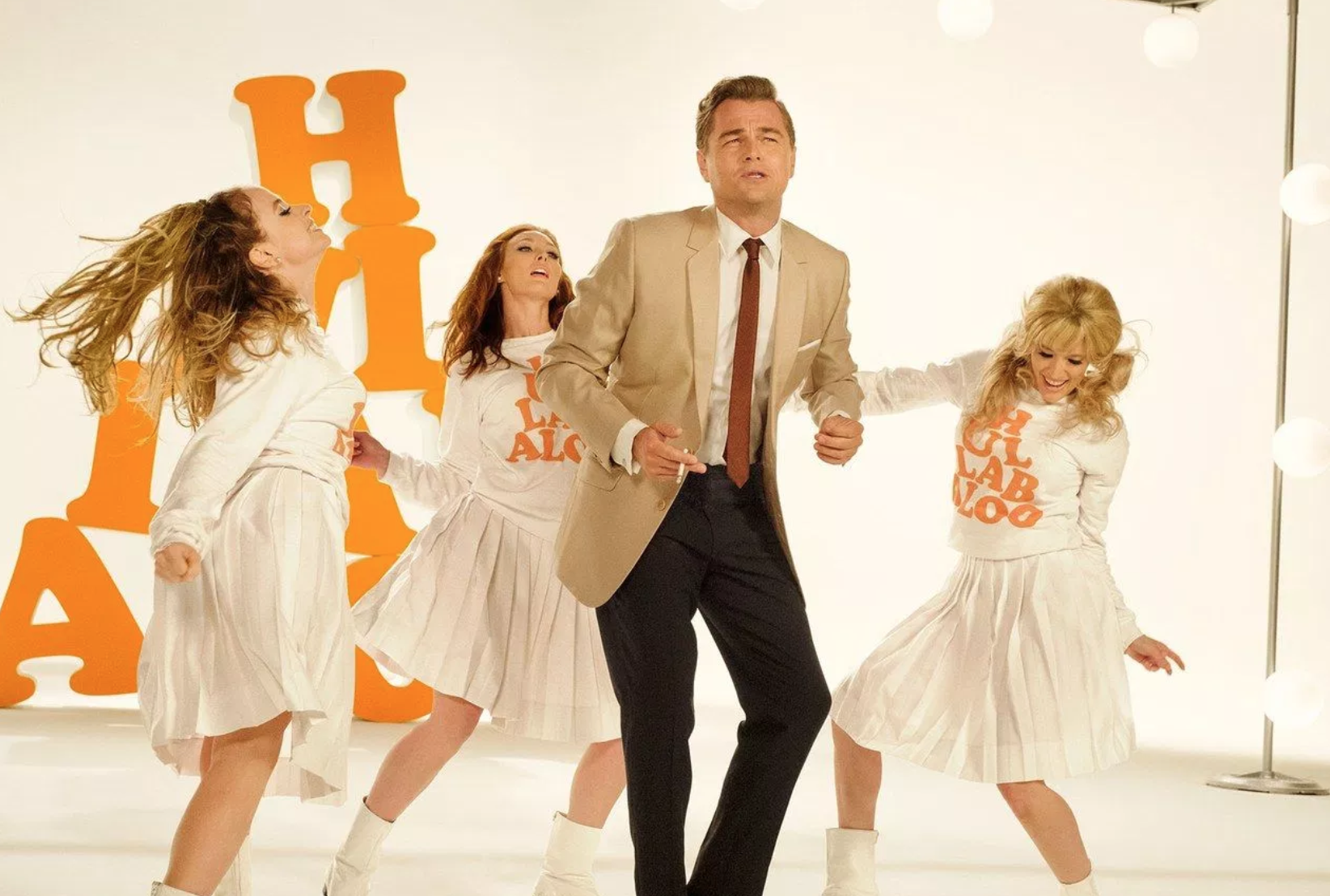Author and Vulture columnist Mark Harris is generally a temperate, perceptive, well-phrased Twitter fellow. His posts are usually on the sensible, carefully measured side.
But let’s also call a spade a spade: Harris has been fully in league with the SJW Stalinist scolds who attacked Green Book all through the ’18 and ’19 Oscar season.
Last night Harris blew a kind of gasket after David Poland let him have it between the eyes (“So angry…so much the victim…and so willing to assume the arrogance of others”), and particularly over Harris’s irritation over the liberal use of the term “virtue signaller.” I enjoyed the rancor — good stuff.
Mark Harris (@MarkHarrisNYC) / 2/25/19, 7:25 AM:
“Re-sharing the Oscars piece I wrote for Vulture right after last night’s show. Click on it to see the much darker second half of that headline! (https://www.vulture.com/2019/02/the-oscars-made-progress-this-year.html?utm_campaign=nym&utm_source=tw&utm_medium=s1)”
Mark Harris (@MarkHarrisNYC) / 2/25/19, 7:31 AM:
“I’ll add: Since criticizing Green Book I’ve been called a Stalinist, a fake white woke liberal, a virtue signaller, all the usual nonsense. But not one person has said to me ‘It’s the year’s best movie.’ For a lot of them, it’s not about loving GB but about hating its critics.”
Wells to Harris insert: Correct!
Mark Harris (@MarkHarrisNYC) / 2/25/19, 4:10 PM:
“Okay, I REALLY will let this go after today, but this “virtue signaler” shit is snapping me. No, you superannuated Bill Maher fetishists. Every white person to the left of you on any issue of race, culture, and/or representative is not performatively faking it for the crowd.”
Mark Harris (@MarkHarrisNYC) / 2/25/19, 4:13 PM
“And when you talk that way — when you reveal that you can’t tolerate a political/cultural disagreement about a film without parroting ad hominem horseshit — you expose yourself as a fragile mewling whiner terrified that your view of the world isn’t permanently chiseled into law.”
Mark Harris (@MarkHarrisNYC) / 2/25/19, 4:15 PM
“This has been a loud subtweet of literally everyone who drops this particular log and than acts like they hatched an original manifesto and are now clearing shelf space for a Pulitzer. And with that, I will go rearrange myself and come back a pleasanter and more cheerful person.”
David Poland (@DavidPoland) / 2/25/19, 6:36 PM:
“Honestly, Mark — those 3 tweets seem an honest assessment of how you judge others who disagree with you in the details of your politics. So angry. So much the victim. And so willing to assume the arrogance of others. I don’t know if it’s fixable. But I feel like you defined it.”
Mark Harris (@MarkHarrisNYC) / 2/25/19, 6:52 PM
“We’re done now, David. Best of luck to you.”
David Poland (@DavidPoland) / 2/25/19, 6:55 PM
“Wow.”
